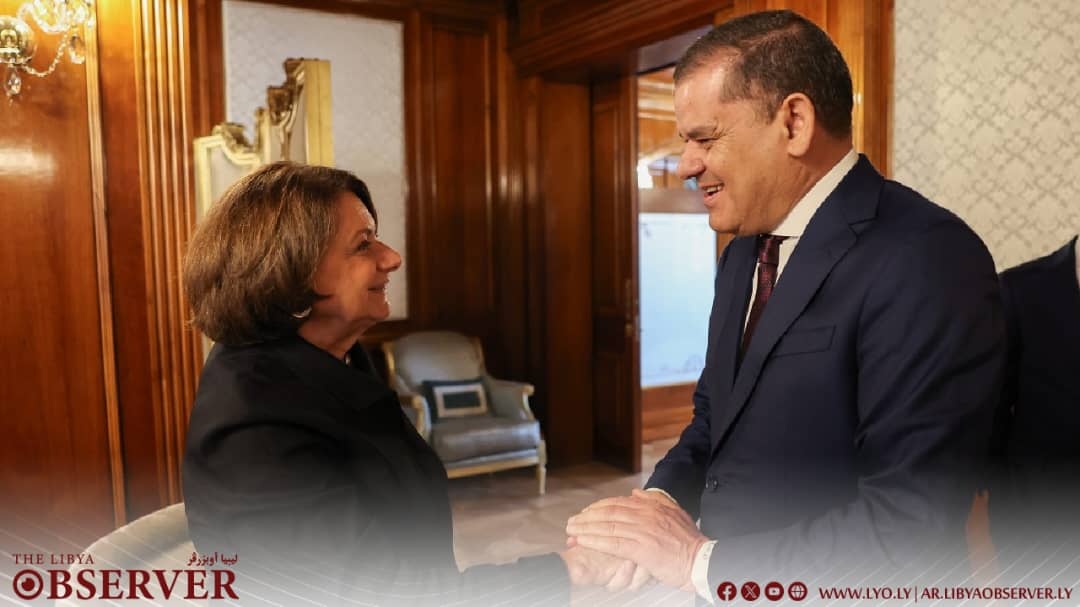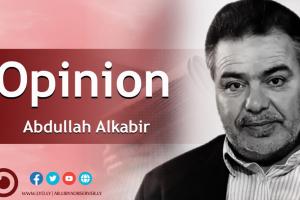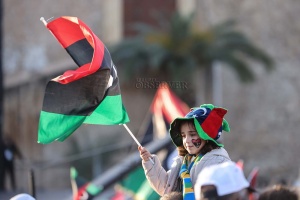By Abdullah Alkabir, political writer and commentator
The almost impossible mission of DiCarlo in Libya

Against the backdrop of the Central Bank crisis, oil production and exports halt, and failure of the parties to the crisis to reach an acceptable settlement, the UN Under-Secretary-General for Political Affairs, Rosemary DiCarlo, visited Libya and held talks with the parties in power in the east and west, as she was trying to determine degree of maturity of conditions for holding a new political dialogue, and to provide the necessary support to the Acting Envoy, Stephanie Koury.
It is not expected that this visit by a high-ranking UN official will open a new horizon for a political solution that will last for even a few years in Libya, similar to the first political agreement in Skhirat and then the second in Tunis and Geneva, because the international situation has changed in light of the direct and indirect confrontations today between the great powers, in Ukraine, Gaza, the Gulf and the South China Sea.
In order for initiatives to be put forward and negotiated to reach a formula that satisfies all parties, international and regional actors in the crisis, there must be a minimum level of consensus between these great powers, which have the decision-making power through the Security Council. The beginning is to appoint a new UN envoy who is acceptable to all and has full powers to activate the UN role in Libya. Through this assignment, he works to bring all parties to the negotiating table, and whoever hesitates or is stubborn is bypassed, or pushed to participate through pressure from his regional or international ally.
Western ambassadors are showing interaction and activity with the Central Bank crisis, in order to reach a quick solution that mitigates the serious repercussions. If the new administration that the international financial system will deal with is not determined, and the bank’s communication channels with correspondent banks and the SWIFT system are closed, and restrictions are placed on the supply of major currencies to the bank, and international banks stop accepting transfers from the Central Bank, the crisis will escalate financially and economically, and people’s suffering will increase with rising prices and banks running out of liquid cash. Then this high level of crisis may lead to the outbreak of another war, and irregular migration rates will rise again. Therefore, Western countries are working to avoid this scenario by pushing the parties to the conflict to reach an appropriate settlement that restores the confidence of international partners in the bank, lifts the force majeure from the oil sector, and returns to the state of relative calm that prevailed before the outbreak of the bank crisis. They have many fires in more than one place, and the last thing they want is another fire to break out in their neighborhood.
The Central Bank crisis is perhaps the most serious challenge in the Libyan crisis, because its impact is direct and immediate on the country’s economy and finances, unlike the political dialogue, the elections file, and the unification of executive authority. These issues can be postponed until the right time comes to implement them. They are a real test of the UN mission’s ability to facilitate a solution through an agreement that ends the legitimacy crisis of the governor and the board of directors, and then look at the extent to which the de facto authorities respond to the minimum level of consensus, to curb this recklessness in clinging to power, stop the escalation and intransigence of positions, and restore a state of relative calm. As for contemplating the convening of a comprehensive dialogue in which everyone participates to save themselves before even saving the country, under the auspices of the United Nations and the support of the international community, it is a wish that is difficult to achieve at the present time, so DiCarlo’s mission seems almost impossible.
Disclaimer: The views and opinions expressed in this article are those of the writer, and do not necessarily reflect those of the Libya Observer



